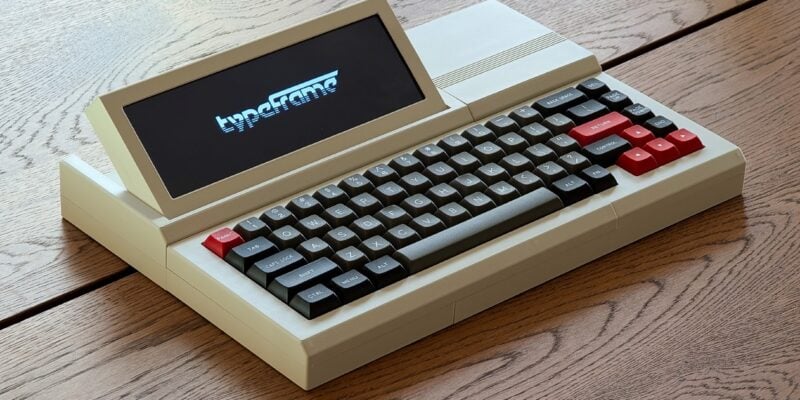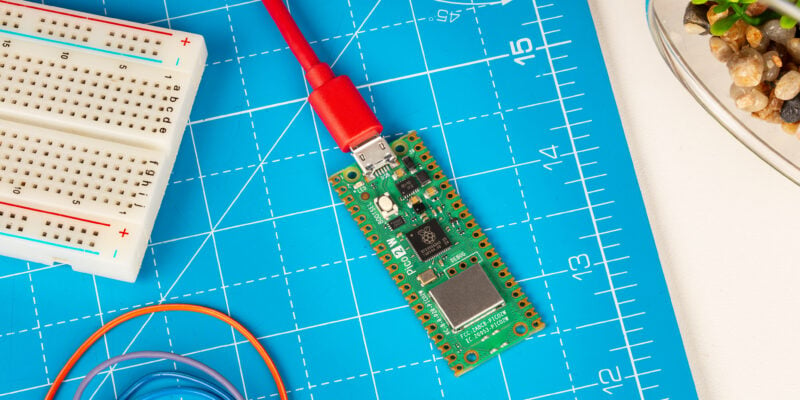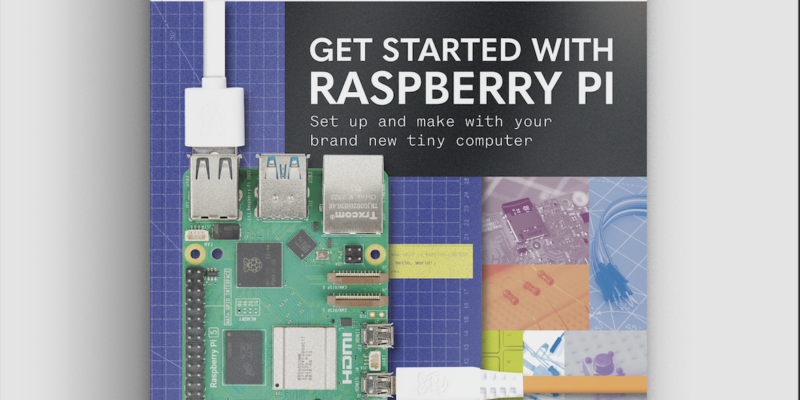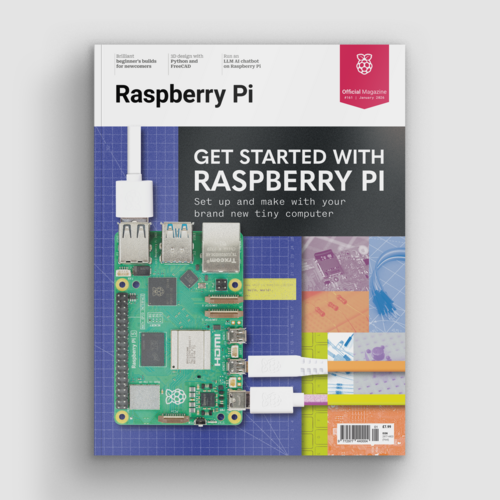Computer Engineering for Big Babies
By Ben Everard. Posted
This article was originally published as part of HackSpace magazine, which has since been incorporated into Raspberry Pi Official Magazine.

Our one big issue with Computer Engineering for Big Babies (from £23, delivery December 2023) is that it’s not about computer engineering – it’s about digital logic. It builds on the earlier Computer Engineering for Babies book which introduced logic gates. This book expands this into standard components such as shift registers and memory read. Each page has two switches and five lights that can be used to illustrate the concept. The crowdfunding campaign doesn’t detail how many pages there are but, from the images, it looks like about five.
Advertisement
Get started with Raspberry Pi – everything you need to know to start your journey!
Let’s be perfectly honest – no, your one- or two-year-old isn’t going to learn a meaningful amount about digital electronics from this book (just as they’re not going to learn anything about zoology from That’s Not My Otter, or much about robbery on the high seas from Ten Little Pirates). However, many toddlers love a switch and, for some reason, most toy manufacturers seem intent on attaching a sound effects chip to the other end of the switch. For sticking to light effects alone, this book deserves interest from parents.
This particular reviewer rigged up some light switches to LEDs to give mini humans some switches to toggle without an auditory assault and, thanks to Computer Engineering for Big Babies, future parents will be able to get this peace without having to do the wiring themselves.
Computer Engineering for Big Babies, like many books of the genre, is really for parents rather than children. If you’re sleep-deprived and want some calming switches to flick while talking affectionately to a small human, then this could be just the book for you. Just don’t expect your child to remember any of it.
Buyer beware
When backing a crowdfunding campaign, you are not purchasing a finished product, but supporting a project working on something new. There is a very real chance that the product will never ship and you’ll lose your money. It’s a great way to support projects you like and get some cheap hardware in the process, but if you use it purely as a chance to snag cheap stuff, you may find that you get burned.

Ben is the Editor of HackSpace magazine. When not wrangling words, he enjoys cycling, gardening, and attempting to identify wild mushrooms.
Subscribe to Raspberry Pi Official Magazine
Save up to 37% off the cover price and get a FREE Raspberry Pi Pico 2 W with a subscription to Raspberry Pi Official Magazine.
More articles

Retro 3D-printed Typeframe PX-88
Distraction-free writing on a piece of new, vintage kit – it’s like the olden days, but better.
Read more →

New year, new projects
What ideas and experiments will 2026 bring?
Read more →

Get started with Raspberry Pi in Raspberry Pi Official Magazine 161
There’s loads going on in this issue: first of all, how about using a capacitive touch board and Raspberry Pi 5 to turn a quilt into an input device? Nicola King shows you how. If you’re more into sawing and drilling than needlework, Jo Hinchliffe has built an underwater rover out of plastic piping and […]
Read more →
